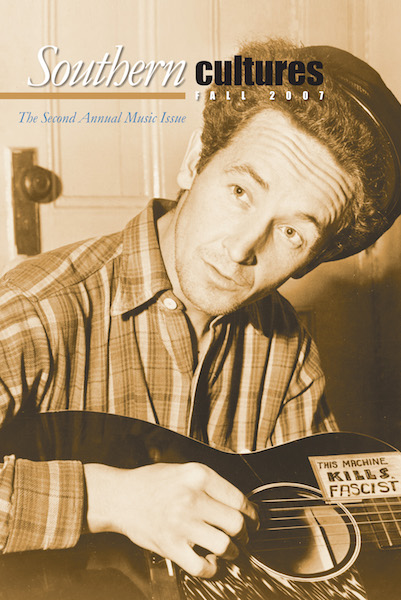“‘A Lonely Life Ends on Elvis Presley Boulevard,’ blared the headline of a late-summer special edition of the Memphis Press-Scimitar. ‘The King is Dead.'”
A Lonely Life Ends on Elvis Presley Boulevard,” blared the headline of a late-summer special edition of the Memphis Press-Scimitar. “The King is Dead.” Much like his explosive ascent nearly a generation earlier, Elvis Presley’s untimely demise on August 16, 1977, left many “all shook up.” Grieving fans by the thousands trekked to Memphis for the wake and funeral; millions more paid their respects by besieging radio stations and record stores, listening to songs and looking for Presley products. Commenting on the mass anguish, one veteran columnist recalled that he had witnessed many instances of public mourning since the assassination of President John Kennedy, “but nothing has equaled the present national grief.” The mainstream media, unprepared for the passionate and ubiquitous response that Presley’s passing engendered, resorted to repeating by rote the distinctive American tale of an anonymous truck driver whose unrestrained performance style and meteoric rise to fame flustered the less than frenzied fifties. A stock script asserted that Presley symbolized the twentieth-century version of the heroic pioneer blazing trails into an unknown frontier, an unlikely rebel who set the stage for a countercultural insurgency that later would shake the sixties. As one editorial aptly extolled, “Elvis really started something.”


